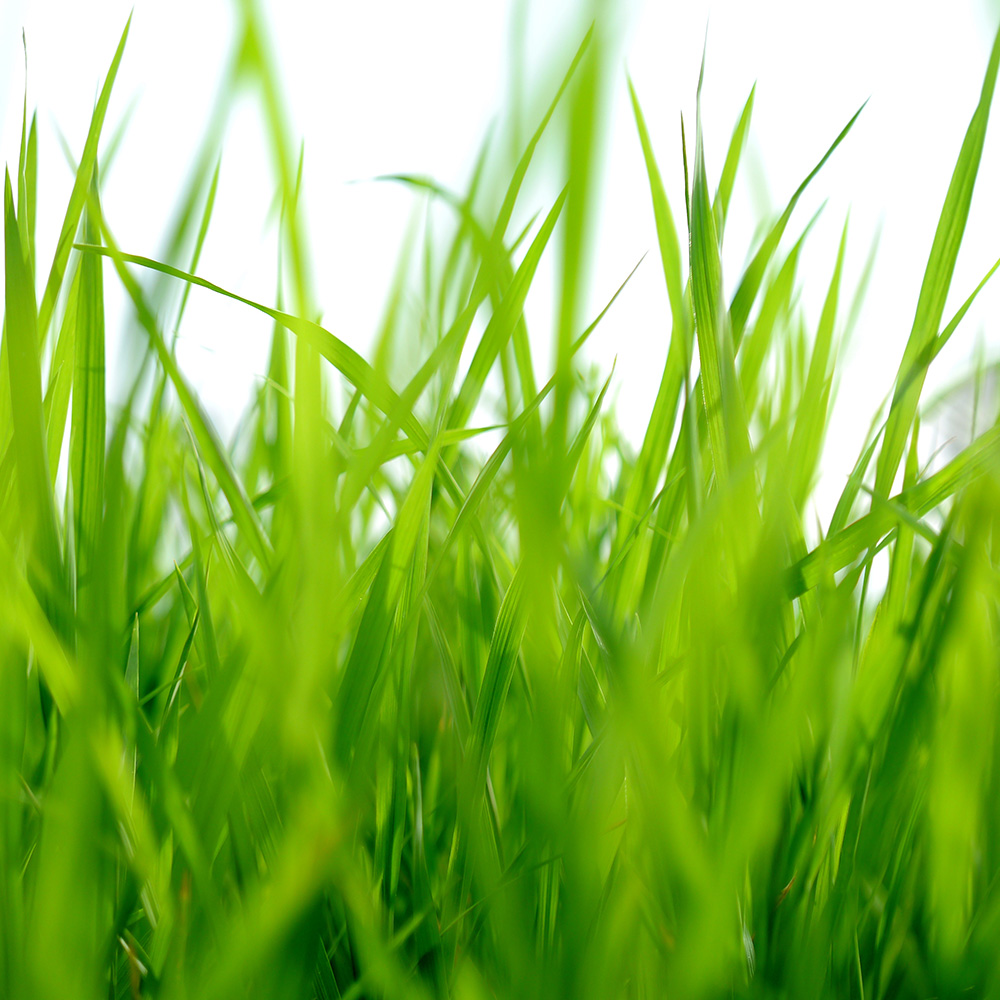
If you’re dreaming of a lush, grassy lawn, you will probably read a lot about Bermuda and Fescue grasses. Both types of grass are commonly used as turf on well-traveled areas, from front lawns to soccer fields and even golf courses. But as with any plant, careful research is required so that you choose the right grass for the environment. And, of course, you want to install a lawn that you’re capable of maintaining.
So, let’s compare Bermuda and Fescue grasses, so that you can select the one that’s right for your lawn.
Warm season versus cool season. Warm season grasses grow well in warm weather, but lose their color in cooler weather. Cool season grasses work in the opposite way; they tend to stay green in spring, winter, and fall, but lose their color in hot weather.
Bermuda is a warm-season grass, and grows best in zones 9 through 11.
Fescue is a cool-season grass and does best in zones 3 through 9.
Tolerance for heat and drought. Since we enjoy plenty of warm weather here in Southern California, you want to choose a grass that tolerates heat well. Bermuda grass varieties tend to do well in the heat, while Fescue does not. Bermuda also tolerates drought better than Fescue, and that’s important to us due to the weather in recent years! A lower water requirement can also save you a bit of money on your water bill.
Sunlight and shade. Both Bermuda and Fescue grasses need a sunny environment to grow well. It’s really not recommended that you attempt either of these grasses in a shady environment, but if you do, try one of the hybrid varieties.
Wear and tear. Both Bermuda and Fescue grasses are popular due to their ability to withstand wear and tear. So, you don’t have to worry about the kids ruining your lawn! Bermuda grass is known to be slightly more durable than Fescue, though and can repair itself when damaged by pets or kids.
Maintenance. Common Bermuda and Fescue grasses are both known for creating low-maintenance lawns. Hybrid Bermuda varieties are somewhat more finicky, as they require higher amounts of nitrogen fertilizer. Bermuda grass uses a different (less common) kind of lawn mower. Some people choose to over-seed Bermuda grass in the winter so there is no dormant (brown) period. It is an easy process, but one that is not required for Fescue.
As always, call us if you have any questions about establishing your lawn. We can help you decide upon the right variety of grass for your needs, and give you some tips on maintenance as well.

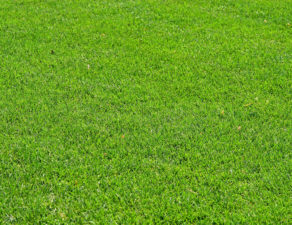
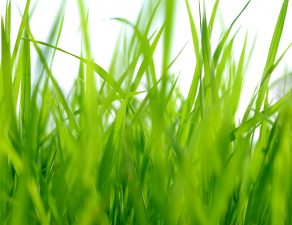

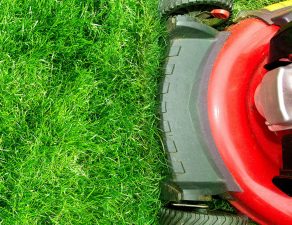
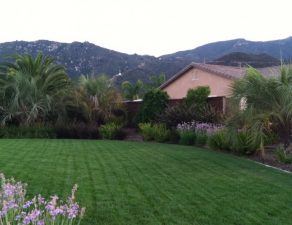
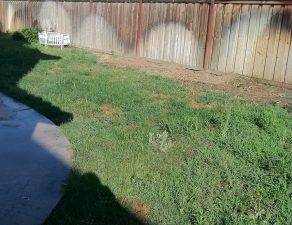
Write a comment: